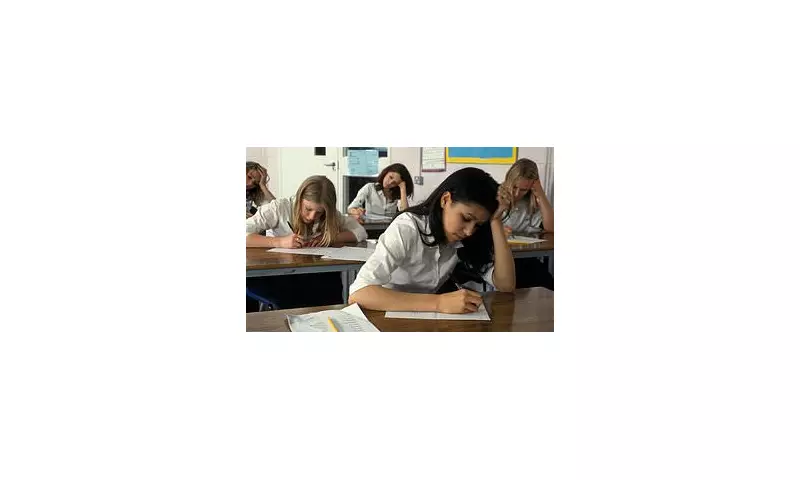
England's schools are grappling with an unprecedented behavioural crisis, as shocking new statistics reveal a record number of children are being suspended for substance-related incidents.
Official Department for Education data exposes a deeply troubling trend: on an average day, 130 pupils are suspended for breaches of drugs, alcohol, or smoking rules. This staggering figure translates to four children being permanently expelled every single day for similar offences.
An Alarming Escalation
The scale of the problem has reached critical levels, with the total number of suspensions soaring to 44,000 in the past academic year alone. This represents a dramatic 30% increase compared to pre-pandemic levels, indicating a significant deterioration in pupil behaviour and welfare.
Beyond the Statistics: The Human Impact
Behind these numbers lies a profound social concern affecting children across all age groups. Education experts point to multiple contributing factors:
- Post-pandemic social challenges affecting youth development
- Increased accessibility of substances to minors
- Growing mental health pressures among school-aged children
- Budget cuts reducing pastoral support in schools
Government Response and Educational Implications
The Department for Education has acknowledged the severity of the situation, stating that headteachers now possess strengthened powers to address behavioural issues. However, critics argue that exclusion policies merely displace the problem rather than addressing root causes.
Education specialists emphasise that permanent exclusions dramatically reduce a child's future prospects, with excluded pupils being disproportionately represented in youth offender statistics.
A National Call to Action
This data has triggered urgent calls for comprehensive intervention strategies that extend beyond school gates. Child welfare organisations advocate for:
- Enhanced early intervention programmes
- Increased funding for school counselling services
- Community-based support networks
- Specialist training for teachers in identifying at-risk students
As the new academic year commences, educational leaders face the formidable challenge of reversing this disturbing trend while safeguarding both classroom standards and vulnerable young lives.





